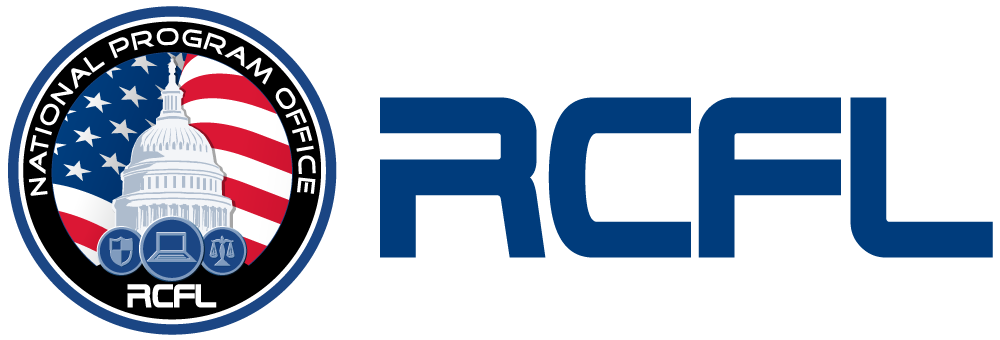Training Courses
The following descriptions describe the various courses that are offered by the PHRCFL.
Basic Forensics 2012
Hands on class using tools that the certified forensic examiners at the PHRCFL utilize. Investigators learn how to collect and preserve digital evidence. Investigators are exposed to the advanced tools and techniques used by the RCFL so they can better understand the capabilities of a forensics examination and be more specific in requesting certain data. Some of the additional topics covered include: Encryption, DVRs, and Internet Data.
This class is a half-day class. It will be followed by the Cell Phone and Loose Media Kiosk Course which investigators can sign up for separately.
Case Agent Investigative Review - CAIR (FBI Personnel Only)
Case Agent Investigative Review (CAIR) is a tool that allows the agents and investigators to quickly review their own evidence using their workstation after the CART Forensic Examiner has imaged and processed your evidence. This tool gives you control of the review process in a forensically safe environment. After training, you will be comfortable in reviewing your own evidence, searching for key items, filtering out evidence that you want, and making your own decisions on what to bookmark and ultimately keep as derivative evidence for prosecution.
Cell Phone and Loose Media Kiosk Course
This three hour course will teach investigators how to analyze cellular phones, thumb drives, CDs/DVDs, and media cards using the RCFL's tools of the Cell Phone Kiosk and also the Loose Media Kiosk. This course teaches the basiscs of seizing this evidence and then how to process and analyze its contents. Instead of waiting for Forensic Examiners to analyze your evidence, you know can do it on your own using the tools you learn in this class. This is a hands-on course where you will do it before you leave!
DriveQuest
DriveQuest is a tool for booting and previewing a subject computer in a forensically safe manner. It includes the capability to preview many types of files and system details including documents, spreadsheets, Internet history, Window's registry, graphics, videos, hardware and some e-mail formats. DriveQuest also provides for text indexing and searching.
Forensic Training for Probation Officers
This two-day class begins with how to collect and preserve digital evidence and also covers some of the introductory information on forensics. Probation officers are then exposed to the advanced tools and techniques used by the RCFL. The class also includes our Cell Phone and Loose Media Kiosk Course and also includes our DriveQuest training.
This course is only available to probation officers. Please contact the PHRCFL if your probation office would like to schedule training for your unit.
Image Scan Training
The FBI's Computer Analysis Response Team (CART) developed the Image Scan system to help investigators locate the presence of picture files that may contain contraband on a computer. This system allows the investigator to view a variety of graphic formats during a consensual search, and protects valuable digital evidence by booting up a computer using the Linux operating system. After mounting the hard drive in a "read only" manner, Image Scan prompts the investigator to search for picture files only. During this process, the tool logs every step taken by the investigator, further documenting what occurred during the search process.
Law enforcement personnel that conduct on-site investigations for child pornography are encouraged to take the Image Scan training.
JNET Facial Recognition
The ability to identify unknown suspects is paramount in law enforcement's efforts to protect and serve the public. JNET developed a Facial Recognition System (JFRS) to assist law enforcement in the identification of individuals contained within photographic or video images. Frequently, suspects or witnesses are caught on surveillance footage; JFRS allows investigators to compare these images against photographs in existing criminal databases. Using distinct measurements of an individual's facial features, JFRS is able to identify matches between the unknown person and the Commonwealth Photo Imaging Network (CPIN).
**Registration requires a workstation with JNET access**
